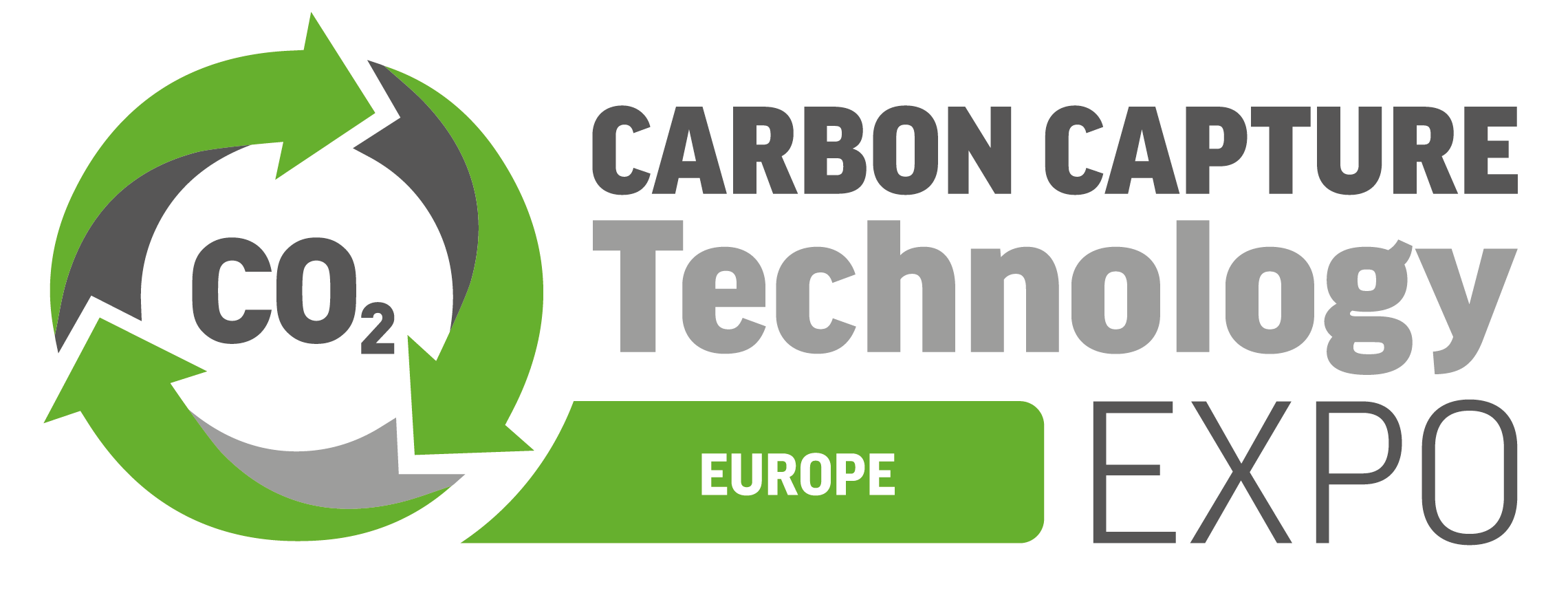Net Zero Industry Act signs off on new carbon capture deployment legislation
)
A new attempt at deploying carbon capture and storage (CCS) at scale has been made, in the form of a new legislation which was created by the EU Governments. The aim with this new legislation is to ensure that the EU does not fall behind the US and China when it comes to the market for clean energy technology.
This new Net Zero Industry Act (NZIA) was officially adopted on the 27th of May at a summit of agriculture ministers in Brussels. The new legislation outlines details such as, redirecting EU funding, easing permitting delays and it also joins the new Critical Raw Materials Act which was put together with the hope of securing access to elements such as lithium and rare earths.
The legislation was agreed upon with the aim of protecting European firms from the competition created by the US and China, during the transition period from fossil fuels to clean energy. An added advantage of this legislation, is that it forces big oil to prevent carbon dioxide entering the atmosphere. It was due to the concerns around the transition period and the more developed fears of investment in renewable energy infrastructure, electric cars and other clean technology which encouraged this new legislation.
So far, the law has made it clear that there are several goals which the EU aims to meet, these include the manufacturing capacity of designated ‘net-zero’ technologies being increased to 40% in order to meet demand by 2030. This manufacturing aim should encompass technology such as batteries and solar photovoltaic panels, as it is items such as these which are currently normally imported from the far east. Furthermore, the NZIA requires governments and the European Commission to ensure a global market share in all the key low-carbon technologies of a minimum of 15% by 2040. A final requirement of this legislation, is aimed at petroleum producers, who now need to kickstart the deployment of carbon capture and storage (CCS) infrastructure. The plan around them doing this, is for them to develop facilities which will be used for permanent storage of a combined fifty million tonnes of CO2 every year. The CO2 which will be stored here will be carbon dioxide that is captured from industrial processes and also, the CO2 which is usually located in depleted oil and gas fields.
Oslo-based, pro-CCS environmental NGO Bellona, Hanna Biro, commented, “Assigning responsibility to EU oil and gas producers based on their production share is a crucial and first-of-a-kind step to force the industry to act after years of talk. These leading contributors to climate change will now bear more of the storage development costs and risks, easing the financial burden on taxpayers in Member States aiming to decarbonise key hard-to-abate industries.”
Commission president Ursula von der Leyen welcomed the adoption of the anti-offshoring law, saying ‘it created a regulatory environment conducive to the rapid scale-up of domestic production. “The Act creates the best conditions for those sectors that are crucial for us to reach net-zero by 2050. Demand is growing in Europe and globally, and we are now equipped to meet more of this demand with European supply.”’




)
)
)
)
)
)
)
)
)
)
)
)
)
)
)
)
)
)
)
)
)
)
)
)
)
)
)
)
)
)
)

)
)

)
)
)
)
)
)
)
)
)
)
)


)
)
)
)
)

)
)

)

)
)
)
)
)
)
)
)
)


)
)
)
